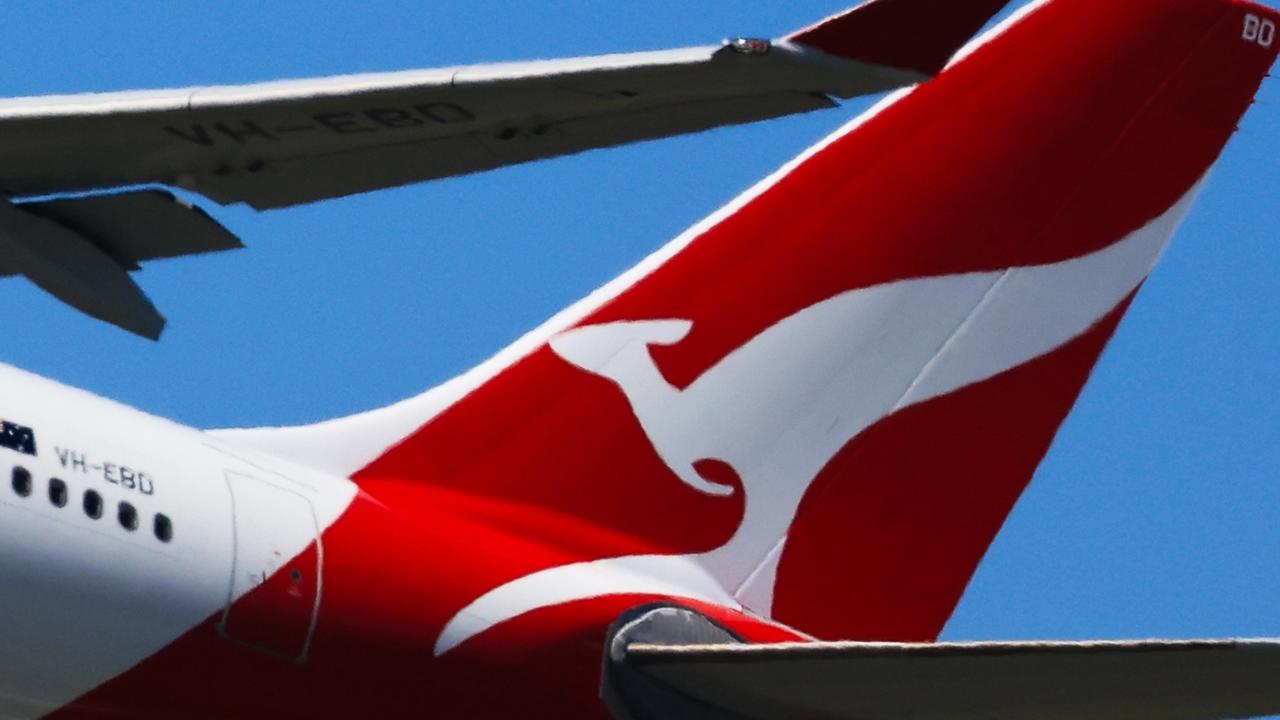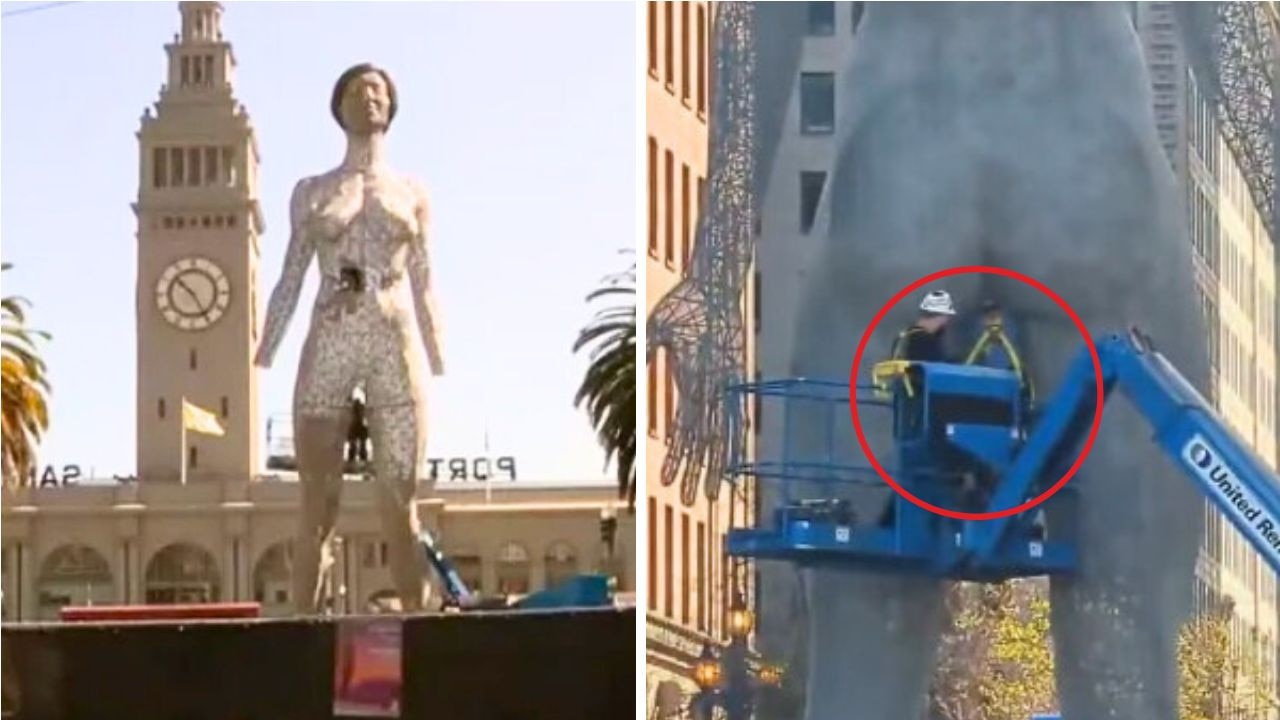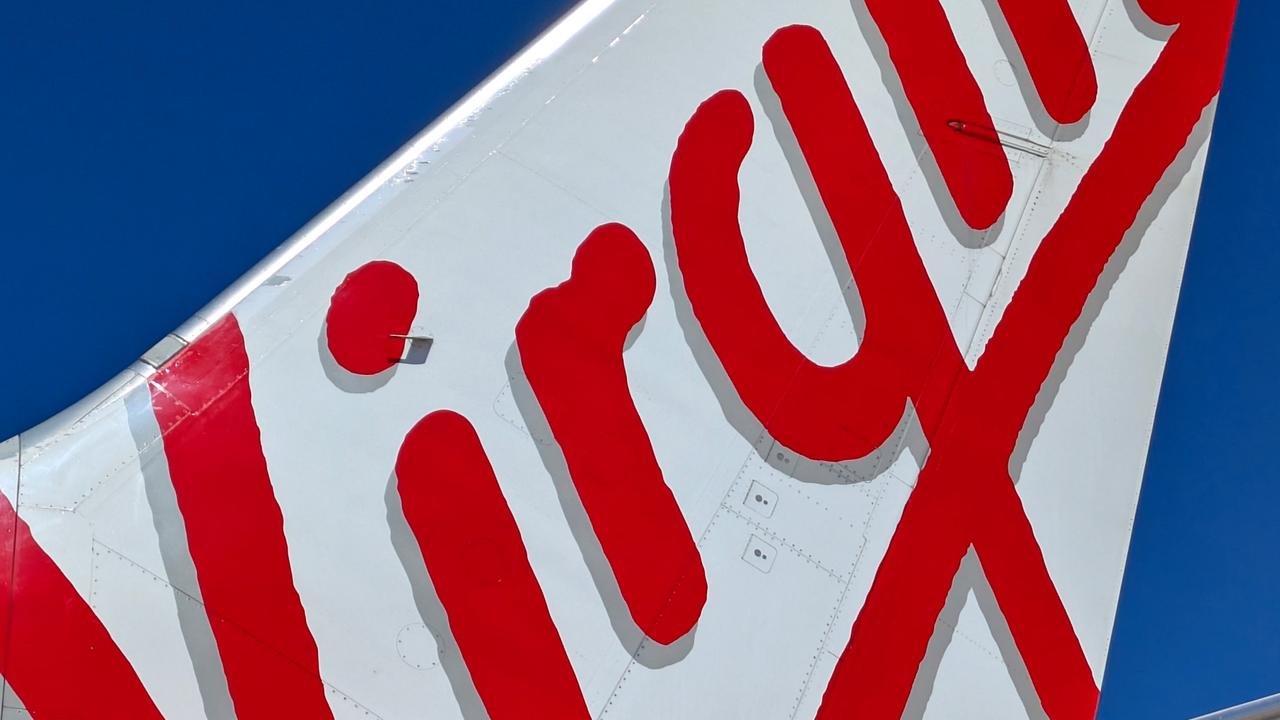Researcher thinks turning commute into game will solve congestion
THERE’S a crazy new idea to alleviate the dreaded peak hour congestion and get everyone a seat on the train and bus. All you have to do is play a game.

PEOPLE always say living in the city is a rat race.
Everybody is scurrying through the streets and packing onto trains, making life pretty unpleasant at times.
Catching public transport can be exhausting and even competitive, with many vying for a seat or a square inch of standing space.
But a researcher has found if we start treating our morning commute like one giant game, we might not hate it so much.
Griffith University transport economist Dr Barbara Yen has come up with a pretty crazy plan to alleviate the dreaded congestion and make sure everybody gets a seat on the train.
Dr Yen said people’s commuting habits were key and most problems would be solved if people just changed how and when they travelled.
Dr Yen’s game and rules are very simple.
All you need to do is tweak your morning routine and start catching a train during the off-peak period.
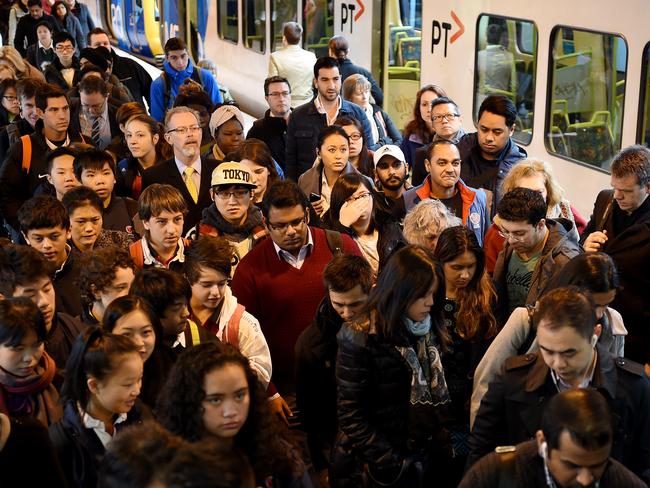
In this game there are rewards and Dr Yen said people who rode on a specific public transport system at a specific time could gather points and cash them in for money or other rewards.
There is a similar idea in place in Singapore, and people are rewarded for making smart decisions about their commutes.
Singapore inspired Dr Yen to bring the game to Australia.
A six-month trial of the game in Singapore in January 2012 led to 7.49 per cent shift from peak to off-peak commutes.
“People are pressured into catching the train at peak times to get to work but employers could get on board and offer a free lunch or coffee to an employee who caught public transport off-peak,” Dr Yen said.
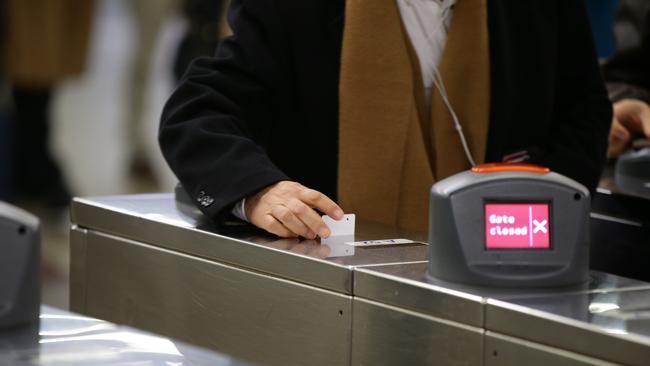
With growing congestion on trains, Dr Yen said it would only be a matter of time before governments had to look at improving infrastructure, something that would likely cost millions, or even billions, of dollars.
She believes her plan costs next to nothing and said we had the space on public transport for everybody.
“There’s a lot of empty seats totally wasted on off-peak periods,” Dr Yen said.
“There’s enough seats so if we shift the demand there will be a better balance and we can defer infrastructure needs.”
Many cities offer free trips or discounts for commuters but when a travel smartcard is topped up with cash, commuters don’t pay too much attention to it until the credit has dwindled down.
Dr Yen believes people don’t get much satisfaction out of those discounts.
“We can self-fund this gamification reward system,” she said.
“If we cancel these discounts and have a flat rate for every trip, we can save that money we’d spend discounting trips and instead reward people who change their behaviour and travel off-peak.
“If people earn 100 points they can then redeem it as a travel voucher. It will then save them money and will still encourage people to use public transport.”
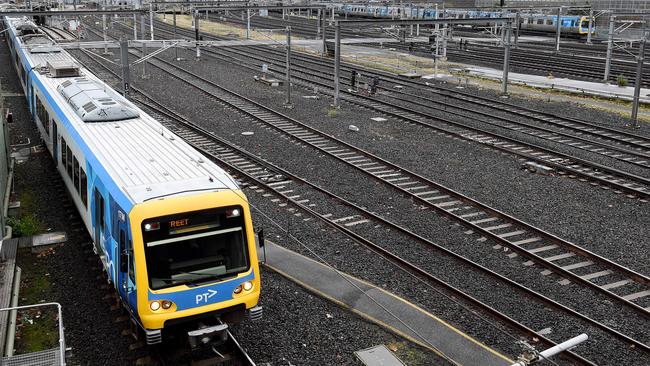
Dr Yen said people could play the game in teams to make it a little more interesting.
“People can organise a group of 10 and they can all collect points and when they have enough, they can redeem things like movie tickets,” she said.
“It will bring in a bit of competition.”
Dr Yen doesn’t want commuters to play the game all year round, and said rewards for travelling on off-peak periods would only be implemented about twice a year.
She said the aim of the game was to change behaviour and hoped if people followed the rules for a couple of weeks, they would begin to form a new habit and always travel off-peak.
“We could play the game and re-implement it every six months with a different set of game rules to keep the participant’s interest,” she said.

